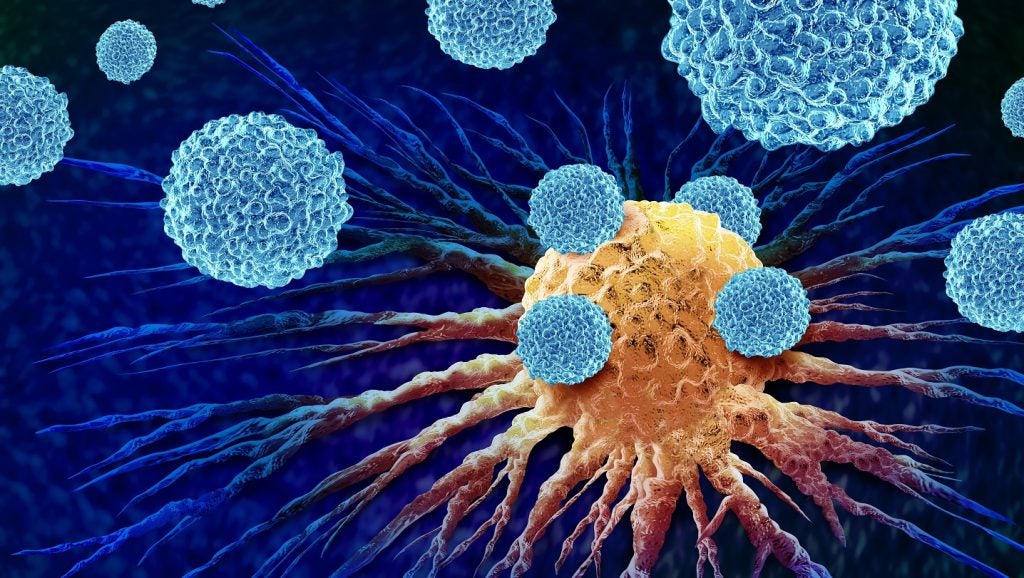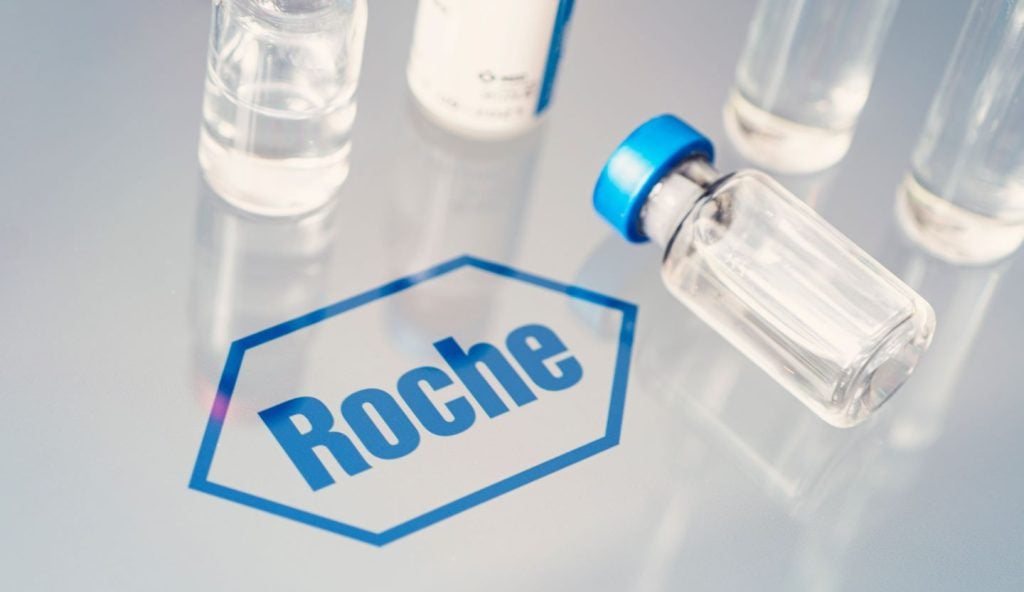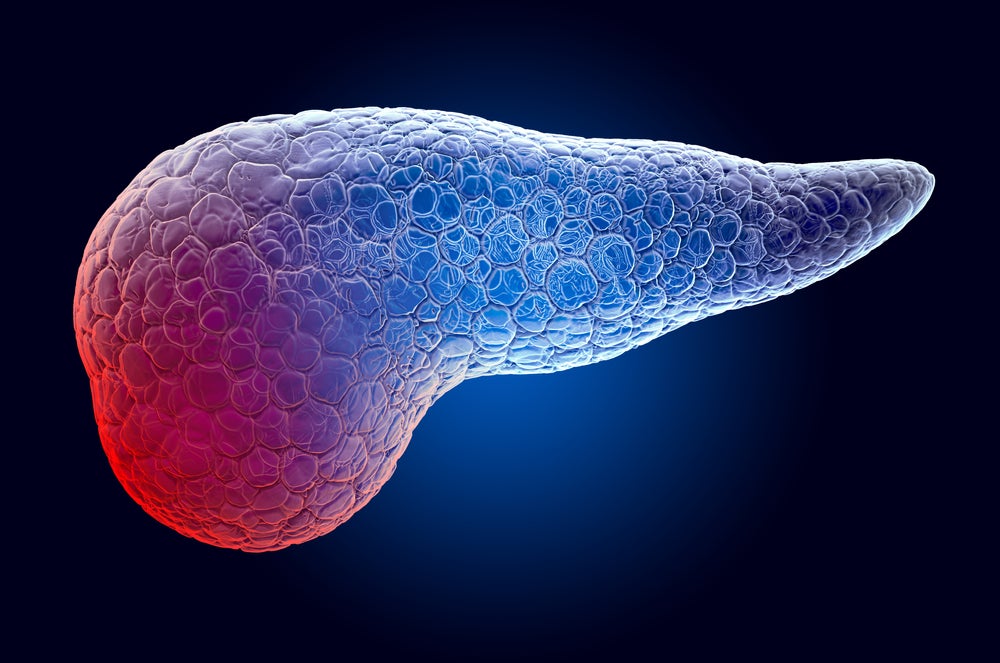First Ascent Biomedical has published the results of a clinical trial which utilised an AI-powered functional precision medicine (FPM) platform to recommend alternative treatment plans for young people with rare, aggressive, or recurrent cancers for which few targeted therapies are available.
The US-based biotech’s FPM platform uses drug screening technology, molecular profiling, and AI models to guide treatment decisions.
Conducted from 2019 to 2022 in partnership with Florida International University, the company’s clinical trial feasibility study enrolled 25 adolescent patients with recurrent or refractory solid malignancies. According to First Ascent, it is the first prospective FPM study to target liquid and solid tumours in paediatric and adolescent cancers.
The study’s key objective was to generate actionable treatment recommendations from FPM data – composed of drug sensitivity testing (DST) and genomics data – for more than 60% of patients enrolled and within a clinically actionable time frame of under two weeks.
At its conclusion, the FPM had yielded actionable treatment options for 83% of enrolled patients while DST results were available within a median of nine and ten days for haematological and solid tumours respectively.
Jim Foote, CEO and co-founder of First Ascent Biomedical told Clinical Trials Arena: “The most striking finding was the clinical outcomes when the FPM data was used to guide treatment. In our study, 83% of patients guided by FPM data received clear clinical benefit: their cancer either shrinking or becoming undetectable (partial or complete response), and 83% also performed better on their study treatment compared to their prior treatment, which is a routinely used measure of success in precision cancer medicine studies.
“While both these findings are what we expected, it is exciting to see such a promising signal from our first clinical study.”
If an actionable genomic mutation was found, the FPM later modified treatments identified with a targeted drug.
“When genomic profiling data arrived, if there were actionable mutations, the doctors could add that medicine to the patient’s regimen,” Foote explained.
“For example, one of the leukaemia patients had an FLT3 mutation, which meant they could receive a drug like midostaurin, sorafenib or ponatinib. In fact, drug sensitivity testing helped to rank these treatment options.”
"By combining genomics with functional evidence on which drugs work best for each patient's cancer, we can take truly personalised oncology to a whole new level,” said Noah Berlow, study author and First Ascent co-founder.
"This game-changing platform provides clinicians the critical insights they need to get these children onto more effective therapies sooner.”
Full results of the study have been published online in the April issue of Nature Medicine, with it being understood that this is the first time the journal has published an FPM approach to guide treatments for relapsed or refractory patients.
In related cancer trial news, Synthekine recently reported positive initial data from a Phase Ia/Ib clinical trial of STK-012, a treatment for advanced solid tumours.















